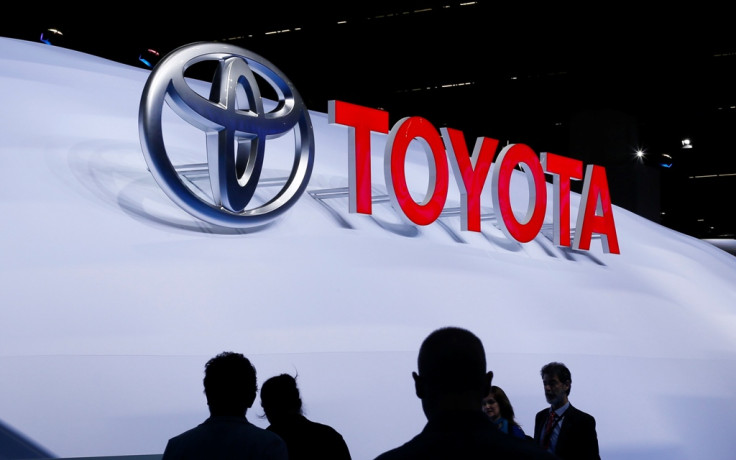Electric car range to increase 15% with breakthrough Toyota battery discovery
Japanese carmaker discovers why batteries hold less charge as they age.

Toyota hopes to improve its electric-car range by 15% by the end of the decade, thanks to a breakthrough in observing how batteries work.
The company has, it what it claims to be a world-first, discovered how to observe the behaviour of lithium ions in an electrolyte when a battery charges and discharges. As a result, Toyota believes it has found out why batteries age and lose their ability to charge fully as they get older.
Speaking to a media briefing at its Tokyo headquarters on 24 November, Toyota said it believes the discovery will lead to a "10-15%" increase in electric-car range within the next "two to three years".
This coincides with when the company is expected to reveal its first all-electric car, which is being developed alongside its hybrid and hydrogen vehicles.
The ability to observe the movement of ions within a battery has taken three years of work, Toyota has said, according to Forbes. The process involved the Spring-8 synchrotron, a ring with a 5,000-foot diameter and built around a hill in Japan; inside, scientists bombarded batteries with radiation a billion times stronger than an X-ray to create images captured by a high-speed camera.
Studying how ions move from the negative to the positive side of the battery over multiple charges, drains and recharges, Toyota found the ions could "no longer flow freely, they get blocked, and battery performance decreases," said Hisao Yamashige, from the carmaker's research and development division.
Yamashige added: "Lithium-ion battery is a key technology for electrifying cars, and there is a clear need, going forward, for improving this technology and its performance even more."
The current limit for electric range of production cars is between 200 and 290 miles, as achieved by Tesla and its range of Model S and Model X cars. A 15% increase would see the upper end jump to just over 330m per charge, bringing the electric car ever closer to its internal combustion competitors.
© Copyright IBTimes 2025. All rights reserved.






















